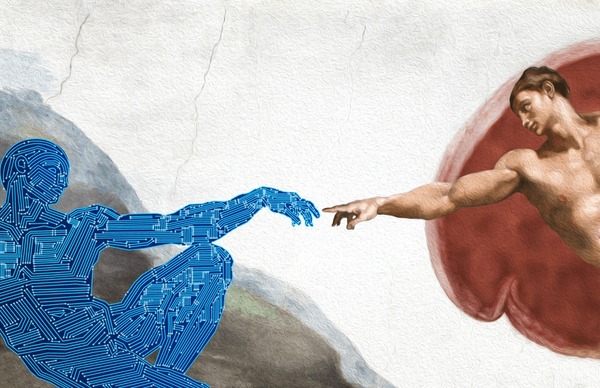Day 5 of our life class brought up the always-complicated terrain of our views on God and religion. This isn’t a topic that can be addressed lightly, and I found myself somewhere in the middle: not particularly devout in a traditional religious sense, yet far from a skeptic or outright non-believer. It’s a nuanced space where questions, experiences, and even contradictions coexist.
What resonated deeply with me during our discussions was the idea that while logic and evidence shape many of our beliefs, there is also room for the inexplicable. A balance between needing rational proof and remaining open to the experiences that defy it seems, to me, to be the most genuine way to approach spirituality. We live in a world of rules, frameworks, and customs, often inherited through family traditions, and while I respect them as meaningful connections to my past, I don’t believe religion should be rooted in fear or coercion. Forcing beliefs only creates divides and suffering.
I also find it deeply unsettling when religion intersects with politics in ways that divide, manipulate, and harm. For the sake of humanity, these connections must be consciously unmade. At its core, spirituality should bring people together and foster compassion. When wielded as a tool of power or prejudice, we lose the essence of what it can offer.
Day 5 offered much to reflect on, and I left with a stronger sense of what my middle path entails: embracing tradition without losing sight of reason, keeping the door open to experiences that cannot always be explained, and rejecting any form of belief that aims to create fear or division.
